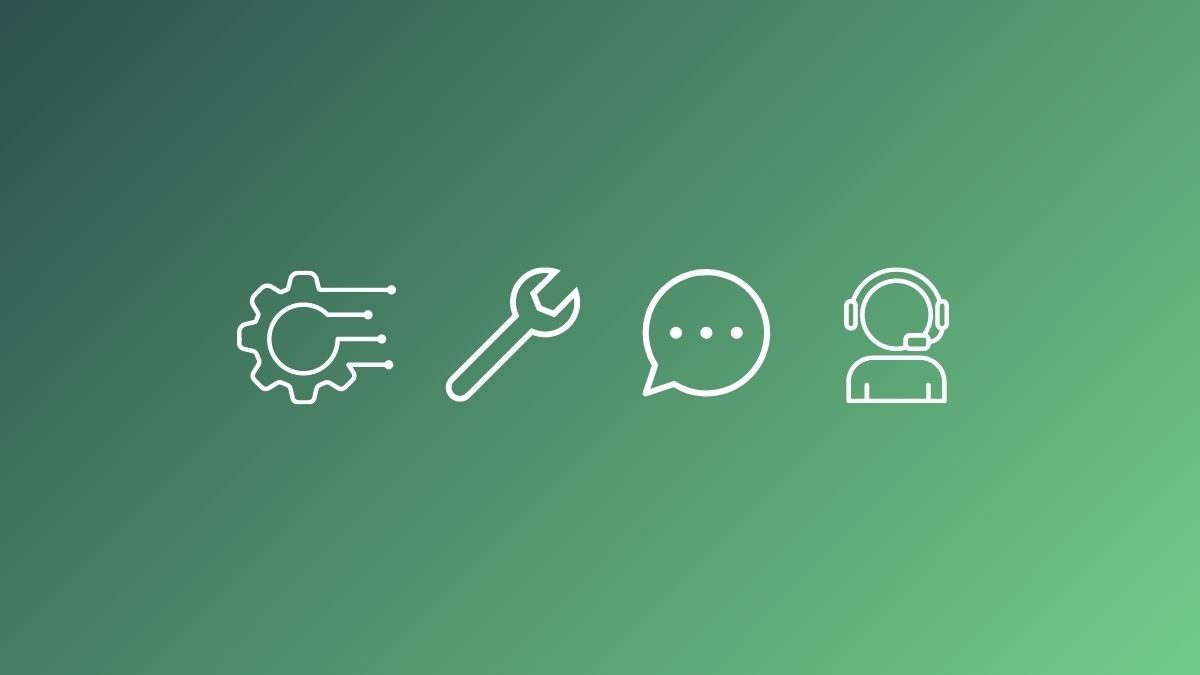Upcoming Event: Mar 24, 2026
Join us at Oracle AI World Tour London 2026
1 min read

Author: Geraint Thomas
4 min read
If you are responsible for any Oracle products, from their on-premise database software to their latest and greatest cloud CX innovations, you will at some point come across Oracle support.
If you are new to the world of Oracle then the following information will help you navigate what can be the complex world of Oracle support.
Generally, to get support from Oracle whether it is to address a critical issue or clarification on changes to software and cloud services, apart from looking at the Oracle documentation, you need to work with Oracle support.
No, to raise a support ticket with Oracle support you will need to have an active agreement for software or cloud services. However, you can create as many tickets as required to resolve issues you face; you don’t pay per ticket.
Oracle provides a portal called My Oracle Support which as well as being where Oracle support tickets are created, also has a wealth of information on compatibility and knowledge documents on their software.
To log in to My Oracle Support use the URL below.
There are a few exceptions to this; for example if you use Oracle Service Cloud (Rightnow), there is a separate support site (cx.rightnow.com), but the majority of Oracle software is supported via this site.
Before you can use My Oracle Support you need to create an account. The link to create an account is on the home page of the My Oracle Support website. There is an extra step once you have created an Oracle account to enable support tickets to be created when you need support. This step involves attaching a Customer Support Identifier to your account.
My Oracle Support has an extensive knowledge base of the tickets that have been raised by other customers, and you can search these to quickly identify if there is a workaround or solution which you can apply to resolve your issue. There is also a treasure trove of articles and best practice advice on a range of topics.
A Service Request (SR) is a ticket that you raise to ask for help from Oracle to investigate and resolve any technical issue you experience with their software or cloud services.
When you create an SR, Oracle will capture detailed information about the software and solution you are using. Be aware you need to have this information to hand before you can create an SR.
A Customer Support Identifier (CSI) allows Oracle to identify that you are entitled to raise tickets with My Oracle Support. Your CSI will be on the contract documents and also in the Applications Console for Oracle Cloud customers.
When you raise an SR with My Oracle Support, you will need to set a severity of the impact of the issues. Defects classification ranges from severity 1 to 4.
Oracle will be very responsive when you raise a severity 1 ticket and it is important that you are as responsive to provide the information that is requested. Assuming you are on the IT side you may need the support of the business to justify the business impact when raising a severity 1.
Most severity 1 defects will be worked on 24/7 by Oracle but this also means that you can expect calls to discuss the ticket 24/7. More than one person can be a point of contact on the SR. Therefore, it is important that more than one person is knowledgeable of the setup and configuration of your solution, to be able to discuss and work on the SR with Oracle.
There are normally two main outcomes of an SR. The first is that Oracle support suggests a workaround which may be a change to configuration, settings, a mitigation or other change which can be directly applied to the software or cloud service. The other main outcome is that Oracle identifies an issue with the code of the software and a bug ticket is created for the Oracle product development team. It is possible that Oracle support suggests a workaround, but a bug is created for the Oracle product development team for a longer-term resolution, with future releases of the Oracle solutions.
Things don’t always go to plan when working with Oracle support. You may find that the engineer assigned to your SR is not as responsive as you feel is required to resolve your issue. The engineer could be in the wrong time zone to enable productive communication on the SR. Or you may feel that the severity of the SR is not as high as the business needs to drive a resolution. In these circumstances, you may need to follow a manager escalation process.
The first step in this process is to call Oracle support, however, it is important to also ensure you update the SR with your request for management attention.
A great article on this process by Oracle can be found here Doc ID 199389.1.
Boxfusion provides a comprehensive Oracle managed service and support for every stage of the Oracle CX lifecycle, from improvement to full live operation.
Oracle solutions covered include:
Boxfusion is able to ensure that when you need to work with Oracle support, tickets are resolved rapidly and to a successful conclusion. Learn how Boxfusion can help you get the most out of your Oracle Investment.
Discover Boxfusion Managed Services
1 min read
Join us to experience the future of AI and Cloud!
2 min read
Explore how Network Rail provides high-quality information to its customers and users...
3 min read